When you experience hair loss, it can feel like a big deal. Many people look for therapies to help regrow their hair. In Aventura, there are several options you can explore. These therapies aim to improve hair growth and boost your confidence.
Key Takeaways
- Hair loss is common and can affect anyone.
- Therapies for hair regrowth include topical treatments, medications, and procedures.
- Lifestyle changes can also help improve hair health.
- Visiting a wellness center can provide personalized treatments.
- MedSmart Wellness Center offers various options tailored to your needs.
- For those looking for additional support, consider exploring options for hormone replacement therapy, as hormonal imbalances can often contribute to hair loss.
Understanding Hair Loss
Hair loss can happen for many reasons. Genetics, stress, and even diet play a part. It’s normal to lose some hair every day, but when it starts to thin out noticeably, it can be worrying. Understanding why it happens is the first step in finding the right treatment.
Common Causes of Hair Loss
- Genetics: If your parents had thinning hair, you might, too.
- Stress: Big life changes can lead to hair loss.
- Diet: Not getting enough vitamins can hurt your hair.
- Hormones: Changes during puberty, pregnancy, or menopause can affect hair growth.
- Medical Conditions: Some illnesses can cause hair to fall out.
| Cause of Hair Loss | Description | Potential Solution |
| Genetics | Family history of hair loss | Consult with a specialist |
| Stress | Emotional or physical stress can lead to loss | Stress management techniques |
| Diet | Nutritional deficiencies | Balanced diet with essential vitamins |
| Hormonal Changes | Fluctuations in hormone levels | Hormone replacement therapy options |
Effective Therapies for Hair Regrowth
Once you understand the cause of your hair loss, you can explore therapies that may help. Here are some options available at MedSmart Wellness Center and other places in Aventura.
Topical Treatments
Topical treatments are products you apply directly to your scalp. They can help stop hair loss and promote regrowth.
Minoxidil
Minoxidil is a popular topical treatment. It comes in liquid or foam form. You apply it to your scalp twice a day. It helps to widen blood vessels, allowing more blood flow to the hair follicles. Many people see results in a few months.
Prescription Medications
Some medications require a prescription from a doctor. These can be more powerful than over-the-counter options.
Finasteride
Finasteride is a pill taken once a day. It works by blocking a hormone that can cause hair loss. Many men find success with this medication. However, it may take a few months to notice any changes.
Platelet-Rich Plasma (PRP) Therapy
PRP therapy uses your own blood to help your hair grow. A small amount of blood is drawn and processed to extract platelets. These platelets contain growth factors. They are injected back into your scalp to stimulate hair follicles. Many patients report thicker hair after several sessions.
Low-Level Laser Therapy
Low-level laser therapy (LLLT) uses light to stimulate hair follicles. This non-invasive therapy is safe and painless. Some clinics offer devices that you can use at home, or you can have treatments in a wellness center.
Other Treatment Options
- Nutritional supplements: Vitamins and minerals like biotin, zinc, and iron can support hair health.
- Microneedling: A procedure that involves tiny needles creating micro-injuries to stimulate hair growth.
- Lifestyle changes: Incorporating regular exercise and stress management.
Lifestyle Changes to Support Hair Health
While therapies can help, making some lifestyle changes can also support hair health. Here are some tips.
Balanced Diet
Eating a balanced diet is essential. Foods rich in vitamins like A, C, D, and E can help your hair. Protein is crucial as well. Eggs, beans, and nuts are excellent sources.
| Nutrient | Benefits | Food Sources |
| Vitamin A | Supports cell growth, including hair | Carrots, spinach, sweet potatoes |
| Vitamin C | Helps in collagen production | Oranges, strawberries, bell peppers |
| Biotin | Essential for hair growth | Eggs, almonds, avocados |
| Zinc | Promotes hair tissue growth | Oysters, beef, pumpkin seeds |
Regular Exercise
Getting regular exercise improves blood flow, including to your scalp. A daily walk or workout can make a difference.
Stress Management
Finding ways to manage stress is important. Techniques like yoga, meditation, or even simple breathing exercises can help keep your mind and body healthy.
Avoiding Harsh Chemicals
Try to avoid hair products that contain harsh chemicals. These can damage your hair and scalp. Look for gentle, natural products that nourish your hair.
Meeting with a Specialist
If you are unsure about what treatment is right for you, consider meeting with a specialist. At MedSmart Wellness Center, you can consult with a medical team. They will evaluate your needs and create a plan just for you.
Initial Consultation
During your consultation, the team will ask about your health history and hair loss issues. They might conduct tests to understand the cause better.
Personalized Treatment Plan
After the evaluation, your doctor will recommend treatments. This plan may include a mix of therapies. You will be guided on how to use each product or treatment effectively.
The Importance of Regular Follow-ups
After starting your treatment, regular follow-ups are crucial. These visits help monitor your progress. Your doctor can make adjustments to your plan if needed. This ensures you get the best results.
Real-Life Experiences
Hearing from others who have tried these therapies can help you feel more comfortable. Many patients at MedSmart Wellness Center have shared positive experiences.
Success Stories
- John’s Journey: John struggled with hair loss for years. After starting minoxidil and PRP therapy, he noticed new hair growth within a few months. He felt more confident and happy with his appearance.
- Maria’s Transformation: Maria tried various products without success. After meeting with the team at MedSmart, she began a personalized plan that included finasteride. Within six months, her hair was fuller, and she felt great.
- David’s Experience: David had a stressful job that led to hair loss. After lifestyle changes and starting laser therapy, he found his hair was getting thicker. He feels more relaxed now, too.
Understanding the Commitment
While some therapies may work quickly, others take time. It’s essential to stay committed and follow your treatment plan. Set realistic expectations and be patient with yourself.
How Long Does It Take?
Most treatments take at least three to six months before you see significant changes. It’s important to stay consistent and keep in touch with your doctor. They can help keep you on track.
The Role of Support Networks
Having a support network can make this journey easier. Friends and family can encourage you. Joining a local group can also help you connect with others facing similar challenges.
Conclusion
Hair loss is a common problem, but you don’t have to face it alone. Therapies for hair regrowth are available, and many people find success with them. From topical treatments to lifestyle changes, there are many options to explore.
At MedSmart Wellness Center in Aventura, you can find a team ready to help. They offer personalized care to meet your needs. Remember, hair regrowth takes time. Stay patient, and don’t hesitate to reach out for help.
In your search for therapies for hair regrowth, remember that you have options. Whether you choose topical treatments, medications, or lifestyle changes, taking the first step is essential. You are not alone in this journey, and with the right support, you can see positive changes in your hair health. If you’re interested in exploring other services that can complement your hair regrowth therapies, consider looking into weight loss options, as maintaining a healthy weight can also impact overall well-being.






No comment yet, add your voice below!